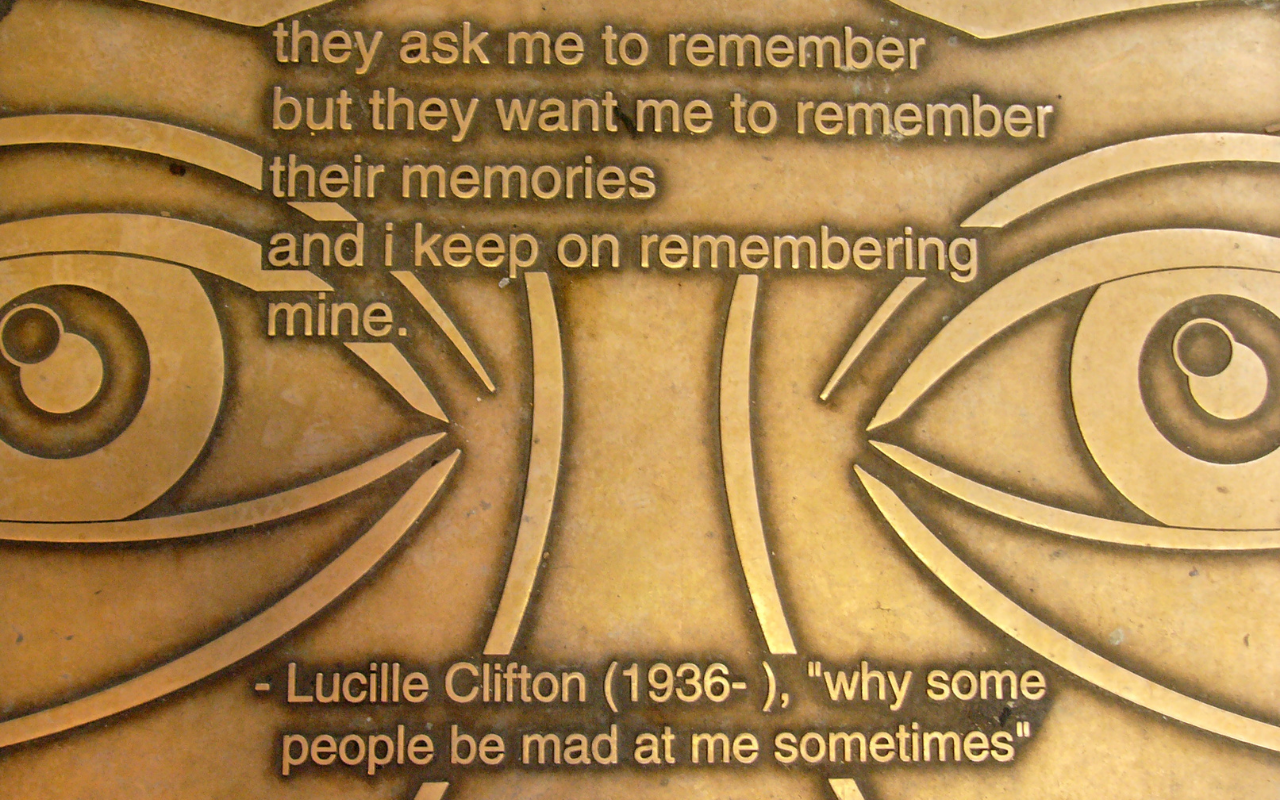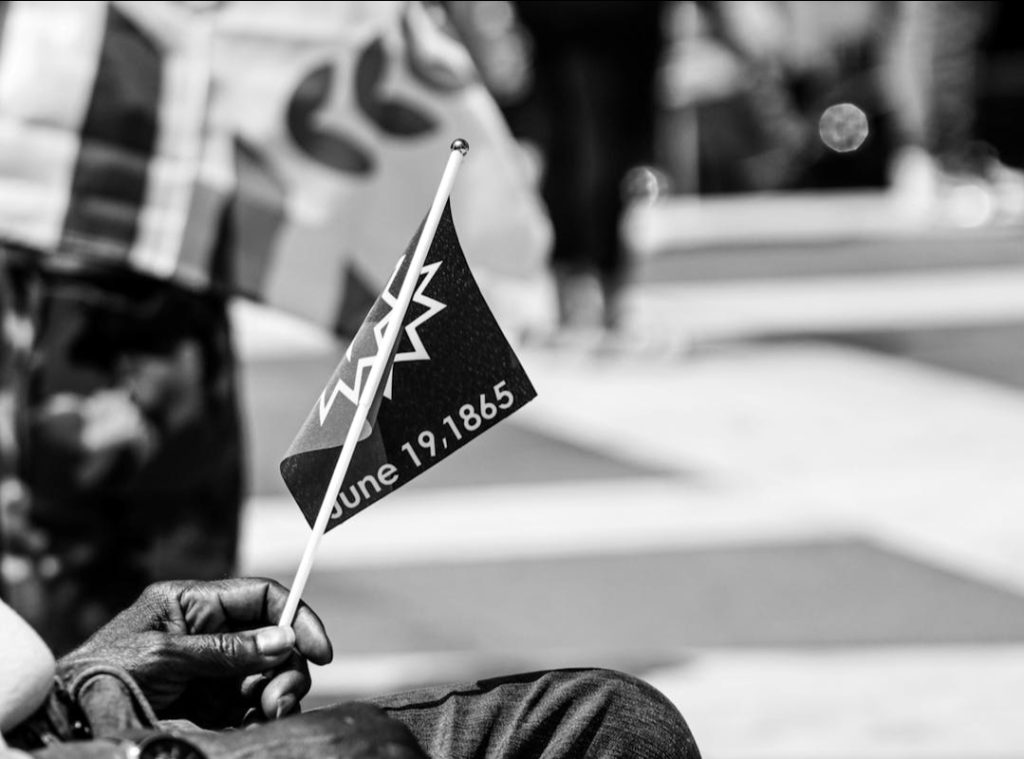Lucille Clifton wrote poetry for more than two decades before it ever occurred to her to try publishing her work. In a field dominated by White men, she didn’t know of any poets who looked like her. She didn’t think publication was possible.
Today, a young Black woman doesn’t have to struggle as hard as Clifton did to find role models. African American women poets have read at presidential inaugurations, served as U.S. Poets Laureate and taught at leading universities. We still have a long way to go to make sure everyone’s voices are heard, but we’ve made progress—thanks in large part to the work of Clifton herself.
Once she broke into print in the late 1960s, Clifton made up for lost time. She published 30 books of poetry and around 20 children’s books—an average of more than one book a year—earning many honors along the way. She wrote honestly about her experiences as a Black woman and advocated for those who didn’t yet have a platform to speak for themselves. When she died in 2010, the whole literary community mourned.
Clifton’s interest in poetry began early. Her mother was a poet and a songwriter who inspired Lucille to start crafting poems when she was very young. Neither of her parents finished high school, and her father couldn’t write, but both her mother and father were avid readers who passed a love of literature on to their daughter.
Clifton became the first member of her family to graduate from high school, earning a full scholarship to Howard University when she was just 16. She left college two years later and didn’t complete her degree, but she continued to write poetry while she worked government jobs, married, and began raising a family.
As a young mom, she discovered the work of Black poet Ishmael Reed, summoned her courage, and sent a few of her poems to him. Reed was impressed. She was also encouraged and mentored by other leading Black writers, including Robert Hayden and Toni Morrison. Doors began opening for Clifton when she won a contest for emerging poets and was offered a book contract.
When her first poetry book came out in 1969, she had six children, all under the age of eight—such a large family that she and her husband had trouble finding babysitters. Known for her short, compact verses, she often joked that the demands of raising six children were the reason her poems were so short. But as her children grew, her career blossomed, too.
Clifton became the first writer to be nominated for a Pulitzer Prize for two different books in the same year. Her collection Blessing the Boats won the National Book Award. Despite never finishing college or even taking a creative writing class, she taught or served as a visiting writer at many US universities.
When she wasn’t working on poetry or caring for her family, she wrote children’s books. Her role as a mom motivated her to take on this challenging “side job.” She wanted her children to read and enjoy books featuring Black protagonists, but in the 1960s and 1970s, there weren’t many to choose from—so she wrote her own. Like her poetry, these books weren’t afraid to delve into the serious issues that real-life readers had to face. Several of her best-known children’s books featured Everett Anderson, a fictional Black boy living in a big city. Everett Anderson’s Goodbye, a story about the death of a parent, won the Coretta Scott King Award and many other honors.
In spite of Clifton’s success, her life wasn’t easy. She became a widow when she was still in her forties, survived the deaths of two of her children, and battled with health challenges like cancer and kidney failure. Through it all, she continued to write, teach, and speak, staying active in the literary community until her death at age 73. Her work continues to be read and loved by people of all ages, races, and walks of life.
The name Lucille means “light.” Clifton explored the concepts of light and darkness in many of her poems, including some that made wordplays on her own name. It’s a fitting name for a poet whose life and work lit the way for so many writers who came after her.
Her Nexx Chapter invites you to join our free Community where women from around the world are connecting with each other’s stories, exploring different experiences, and transforming ideas.
The Future of Connection for Women
- Lucille Clifton—Poet, Children’s Book Author and Guiding Light - February 21, 2022
- 10 Ways to Work Out Safely and Reduce Your Risk of Infection - December 14, 2021
- How a Simple Gratitude Practice Brought Me Peace and Helped Me Learn to Live in the Moment - November 12, 2021
Follow us:







